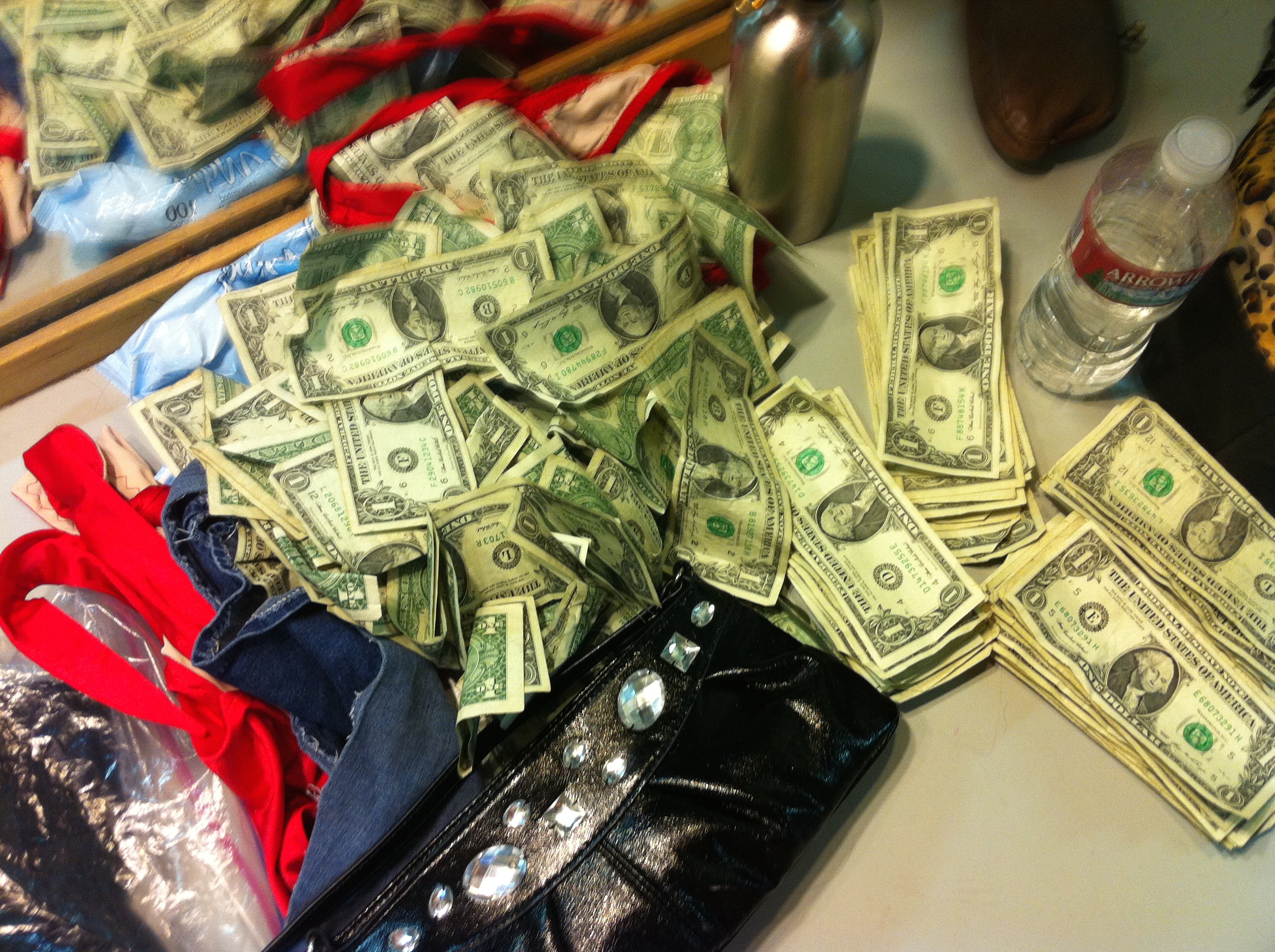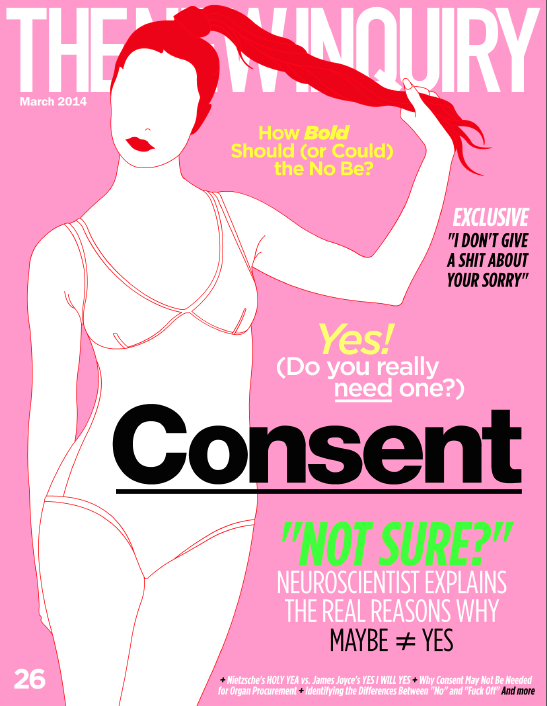“I was never accused of having done anything wrong, but rather I was in the wrong place at the wrong time.”—Paul Davis “What’s the difference between a hooker and a politician? There’s some things a hooker just won’t do.”—an old joke I first heard from a lobbyist Regardless of your opinion on reproductive justice, single-payer… Continue reading Going Negative In The Champagne Room: 2014 Gubernatorial Edition
Category: Silly Media Coverage
So, What’s Your Real Take-Home?
“What’s your real name?” is the question most commonly asked of strippers. The second? “How much money do you make?” There have been quite a few articles written on the subject of stripper income, and the most recent ones all seem to cite one University of Leeds study, a stripper named Menagerii’s Reddit pic of… Continue reading So, What’s Your Real Take-Home?
I’m Katha Pollitt’s “Highly Educated” Leftist—And A Sex Trafficking Victim
Earlier this year, The New Inquiry published this quiz, “Are You Being Sex Trafficked?” which appeared in an earlier form here on Tits and Sass. Katha Pollitt hinged part of her “Why Do So Many Leftists Want Sex Work to Be the New Normal?” essay on the imagined qualities of TNI’s writers and audience: Of course,… Continue reading I’m Katha Pollitt’s “Highly Educated” Leftist—And A Sex Trafficking Victim
What’s Trafficking Got To Do With It: The Media and the Cleveland Kidnappings
Last week in Cleveland, Gina DeJesus, Michelle Knight, and Amanda Berry escaped from Ariel Castro’s “house of horrors” where he imprisoned the women in a nightmare of rape and torture for almost a decade. Castro has been arraigned on four charges of kidnapping and three charges of rape. The courageous women escaped with the help… Continue reading What’s Trafficking Got To Do With It: The Media and the Cleveland Kidnappings
You’re Not Not Funny: The Onion’s Ten Funniest Stripper Stories
The Onion posted a story last Wednesday headlined “Stripper Thinks Customer Flirting With Her.” You can get the gist of it from the headline; it is funny for the first, most obvious reason, but also because it’s a little true and sometimes strippers do think customers see them as human. While increasingly vicious as its… Continue reading You’re Not Not Funny: The Onion’s Ten Funniest Stripper Stories


